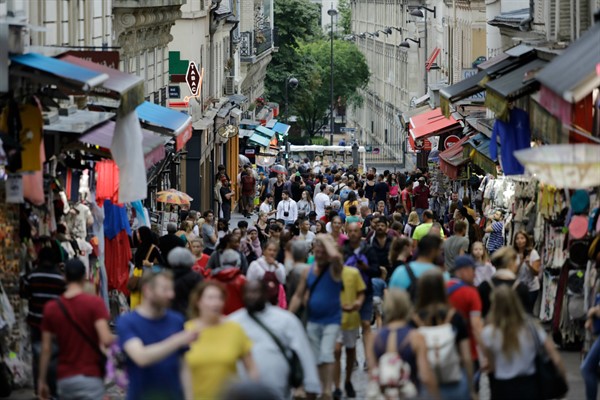Editor’s note: The following article is one of 30 that we’ve selected from our archives to celebrate World Politics Review’s 15th anniversary. You can find the full collection here.
"I think many of our problems as a country would be solved if people had thick passports." -- Matt Damon, Condé Nast Traveler, 2009.
Tourism is as much a political terrain as a cultural practice. It has been promoted as a route to economic development for poor nations and wielded as an instrument of political leverage between nations -- as the U.S. embargo against travel to Cuba or the recent easing of tourist-visa requirements between Russia and Brazil demonstrate. As a cultural practice, tourism has been imagined as a bridge between cultures and as a form of public diplomacy, with the tourist's passport emblematic of the complex relationship between politics and culture. Simultaneously a state document and a cultural object, it identifies its holder as both a national citizen and a cosmopolitan subject. People with thick passports are, presumably, open-minded, worldly and tolerant.

